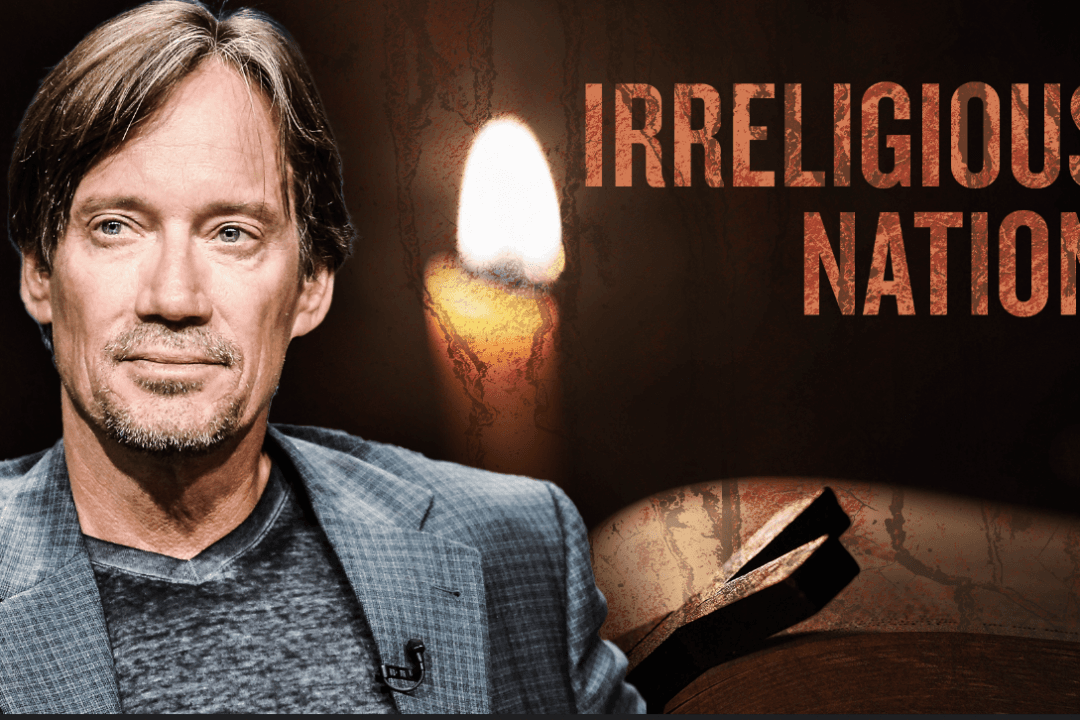Commentary
The movie “Irreligious Nation,” produced by Joe Kakaty in collaboration with Sam Sorbo and available for a limited time on EpochTV, explores the ever-growing cultural shift in the West towards atheism and irreligion. In the wake of this growing trend, the Sorbo and Kakaty families traveled to Israel to explore their faith and examine the impact of irreligion, disconnection, and cynicism on societies worldwide. The film poses the question many are asking: Does the world need religion?





